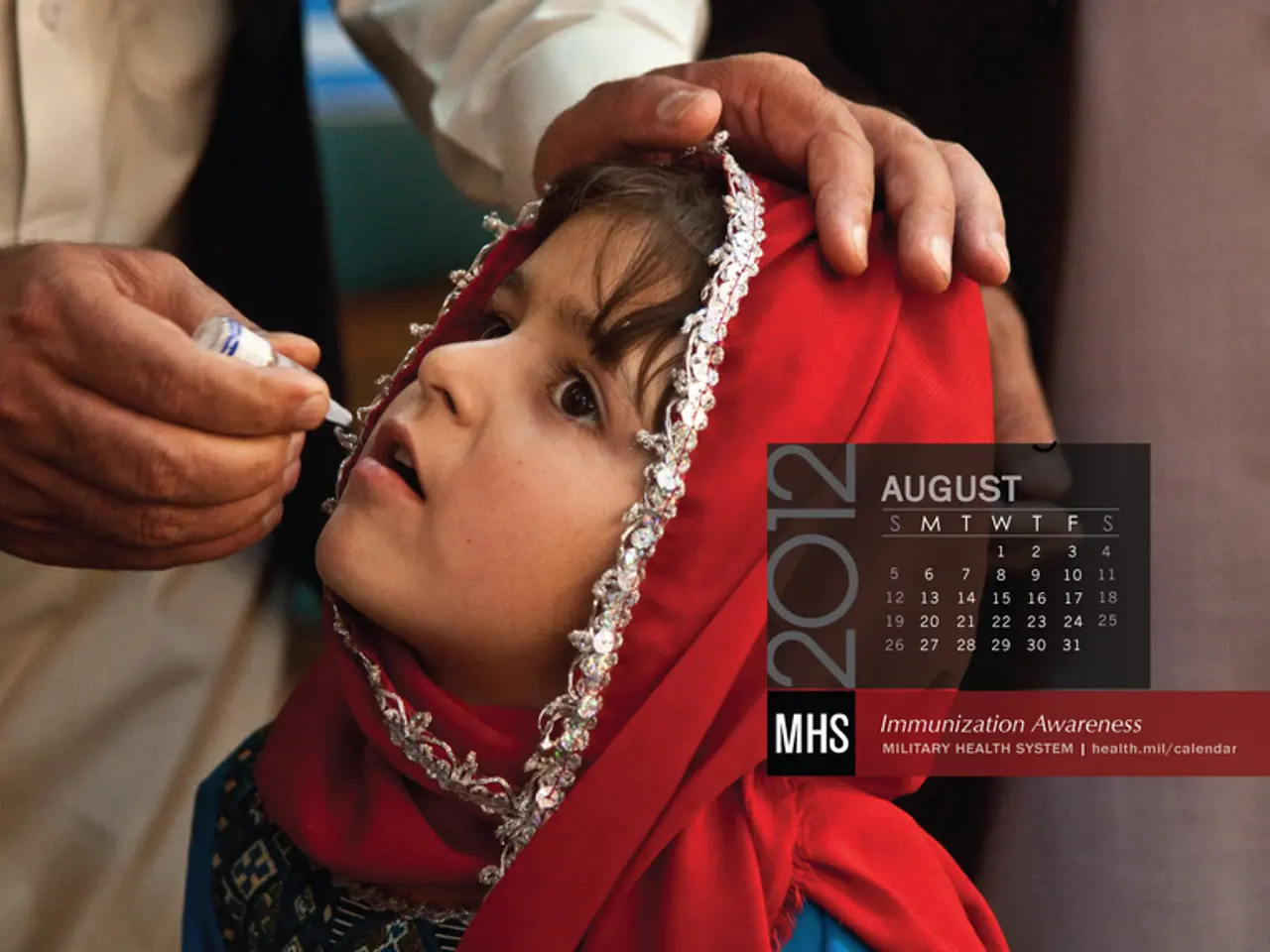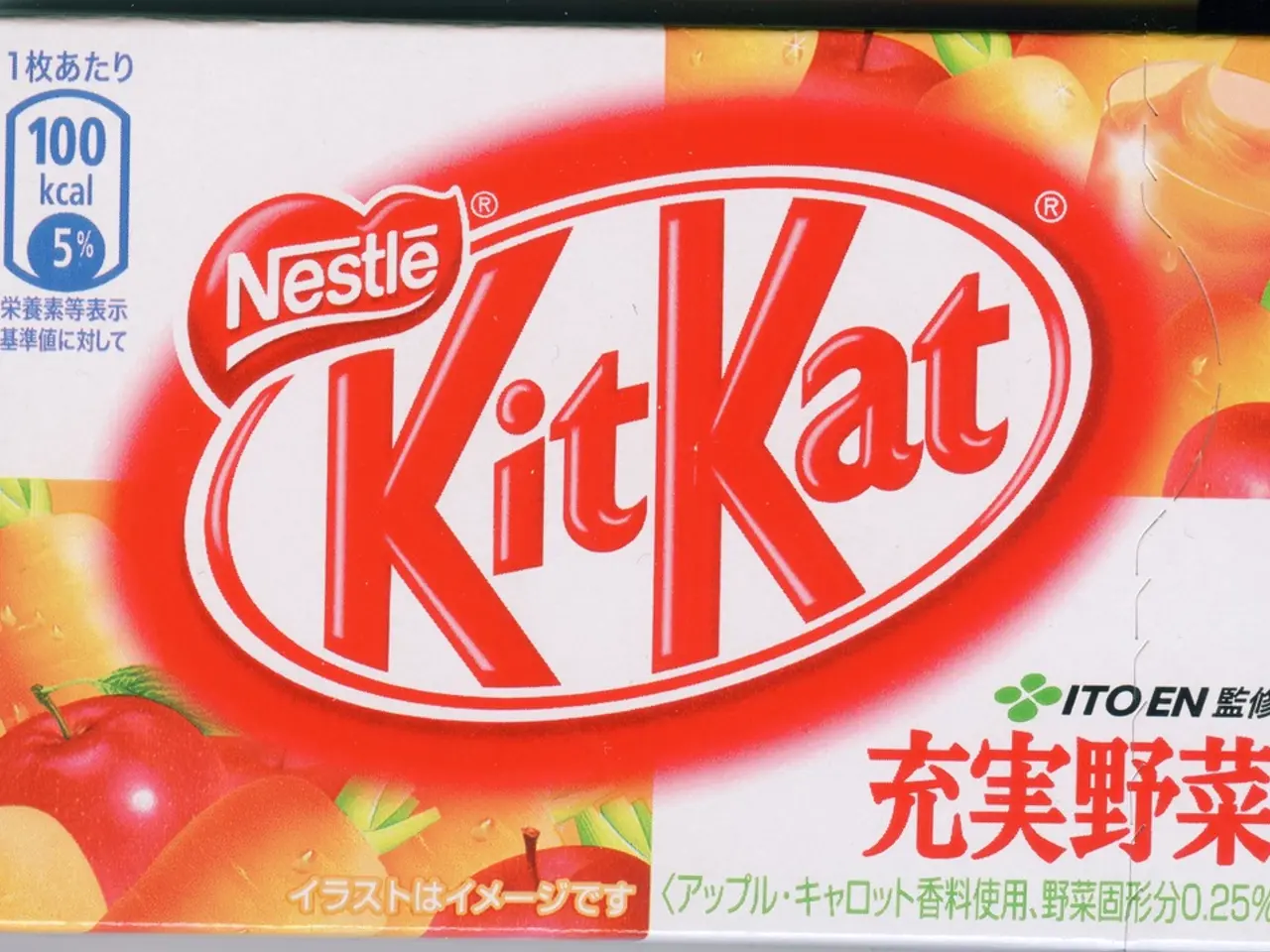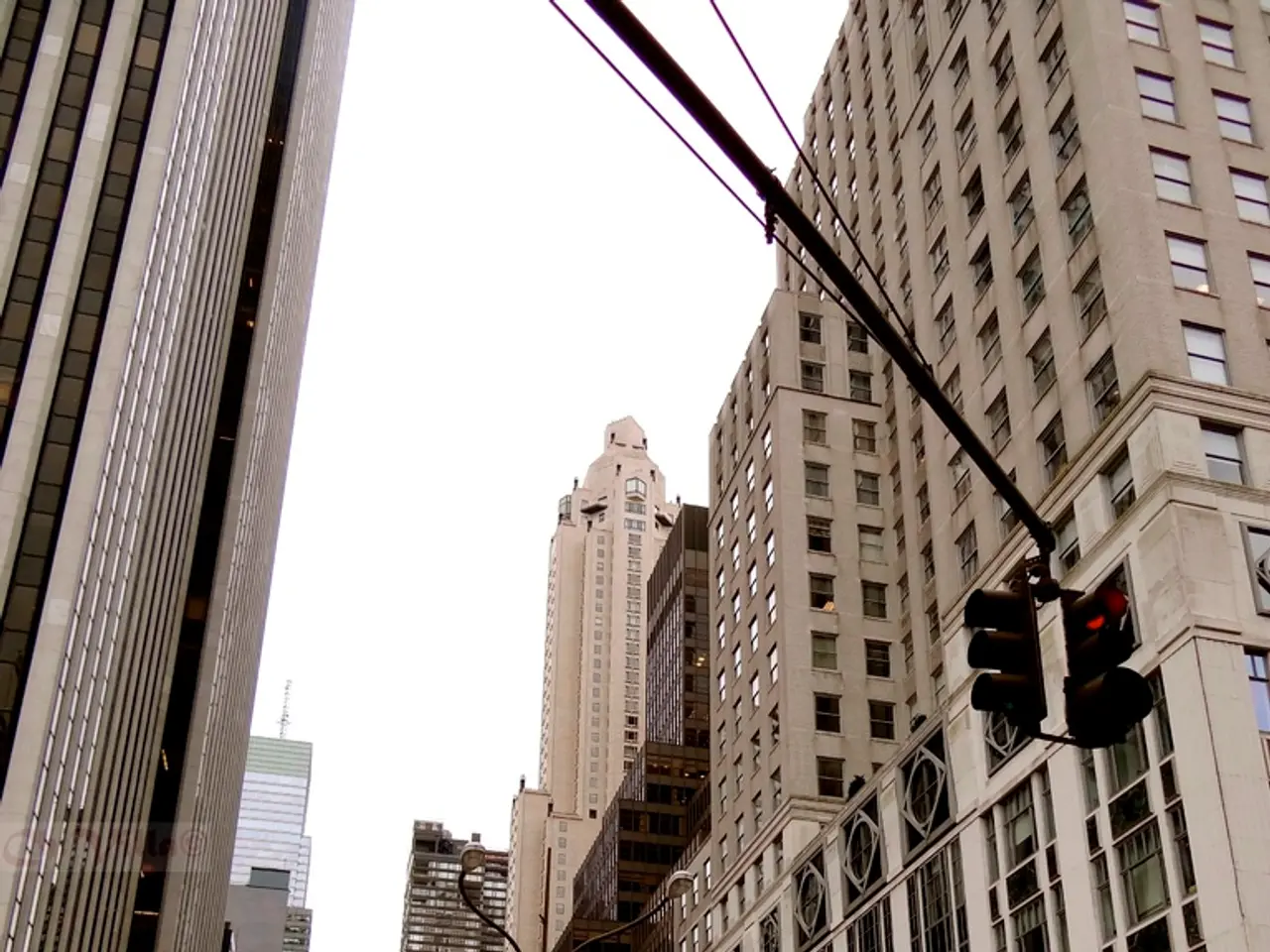Expanded Access to RF (RSV Vaccine), Chikungunya Vaccine, and Meningococcal Vaccines Granted by Kennedy, Regardless of Safety Concerns and Lackluster Data + COVID-19 and Influenza Vaccines Continue to Persist With New Boosters Every Season
In a move that has sparked debate and raised concerns, Robert F. Kennedy Jr., the newly appointed Health Secretary, has endorsed the Advisory Committee on Immunization Practices (ACIP) recommendations on Respiratory Syncytial Virus (RSV) vaccines, despite having dismantled the original panel and replaced its members with his own picks.
Kennedy's decision to expand RSV vaccine use to adults aged 50 through 59, who are at risk of severe disease, aligns with recommendations made by the previous CDC vaccine advisers whom he had ousted. This endorsement recognises the established risk of severe RSV disease in older adults and at-risk populations, suggesting a pragmatic acceptance of this vaccine's benefits despite Kennedy's broader critical position on vaccines and vaccine policy.
However, Kennedy's restructured vaccine advisory panel has expressed caution about vaccine safety. The committee has announced a review of all recommended pediatric vaccines out of concerns about the "cumulative effect" of multiple vaccines on children, including potential long-term safety issues. While this does not directly specify RSV vaccines' long-term risks, it reflects a heightened caution towards vaccine safety and possible adverse effects within the broader immunization program.
The committee's vote to advise caution against certain flu vaccines containing the preservative thimerosal, despite scientific evidence supporting their safety, also signals ongoing worries about acute injuries or side effects related to vaccine components.
Kennedy's actions echo past administrations, causing concern among the public about whether the CDC prioritises vaccine sales over unbiased safety reviews. Critics question why Kennedy dismantled ACIP only to adopt their policies, raising suspicions of industry influence behind closed doors.
Another point of contention is Kennedy's decision to approve the addition of GSK's pentavalent meningococcal vaccine (Penmenvy) to the immunization schedule. This move comes shortly after Kennedy approved Pfizer's nearly identical shot in 2023, leading to questions about the decision-making process and potential conflicts of interest.
Moreover, the RSV vaccines, including those from GSK and Pfizer, have been added to the Vaccine Injury Compensation Program (VICP), where injured patients must navigate a government-run claims process that rejects 70% of cases. Dr. Jane Zucker, a former ACIP advisor, argued during an April meeting that vulnerable patients would benefit from RSV shots, but no discussion of injury reports or manufacturer liability was included in the debate.
In light of these developments, Kennedy's nuanced position explains why he would endorse certain vaccine recommendations while maintaining skepticism and initiating review processes for vaccine safety overall. As the debate continues, Americans are left questioning whether these recommendations serve public health or pharmaceutical stockholders.
- Kennedy's pragmatic acceptance of RSV vaccines for at-risk adults, such as those aged 50 through 59, highlights the importance of health-and-wellness, recognizing the established risk of severe disease in these populations.
- In contrast, Kennedy's restructured vaccine advisory committee expresses concern about vaccine safety, initiating a review of pediatric vaccines due to potential long-term safety issues and the "cumulative effect" of multiple vaccines on children, echoing the broader skepticism toward vaccines and vaccine policy held by Kennedy.
- Kennedy's endorsement of ACIP recommendations on RSV vaccines, while adopting a nuanced position, has been met with skepticism from critics who question whether his decisions are driven by unbiased safety concerns or industry influences, especially considering his actions on flu vaccines and the GSK and Pfizer RSV vaccines, which have been added to the Vaccine Injury Compensation Program, where injured patients often encounter challenges in obtaining compensation.




